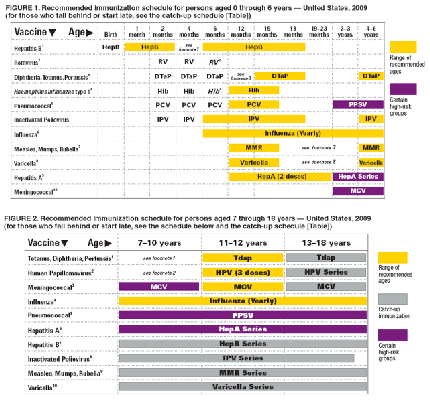In Ghana, you can be sure that the application contains a concentration of active agents stated in the declaration, and did not require health authorities. This often leads to incorrect dose and repeated courses of treatment - which can lead to resistance to antibiotics. When bacteria are constantly exposed to low doses of antibiotics, bacteria are not killed, but instead produce stability, says Samuel Oppong Bekoe, postgraduate student for pharmacy and analytical chemistry at the University of Copenhagen. In addition, the problem with the official treatment, unauthorized drugs is another major risk. In Ghana there is a large market for smuggled drugs of poor quality, which are sold to patients outside the formal health system. T

its contribution to increasing bacterial resistance to antibiotics, so that patients receive the wrong treatment, says Samuel Oppong Bekoe, who was himself of Ghana. In response to the growing problem of resistance to antibiotics in Ghana graduate student has developed an analytical method, chemicals that can quickly determine the concentration of antibiotics in medicine and thus improve treatment options. Recently developed analytical method to be used for routine quality testing of the 13 most frequently used antibiotics in Ghana. But it can also be used for environmental studies. Drugs are released into the environment is a problem in many parts of the world. Antibiotics are distributed in nature in the urine of animals and humans, and perhaps unfortunately, very long life. The problem is large in many African countries due to poor sanitation - especially in many rural areas, says Samuel Oppong Bekoe. Antibiotics in the environment can be spread through plants that are later consumed by people or livestock. In some local markets in Ghana, from 30 to 90 percent of meat sold contains antibiotic-resistant bacteria. The result is that relatively harmless diseases such as diarrhea caused by resistant bacteria or intestinal bacteria Salmonella are dangerous and even fatal. This vicious circle, and we must break it. Samuel Oppong Bekoe hopes to use this new knowledge and technology in the country. This project, ADMER, supported by DANIDA - Development Cooperation of Denmark at the Ministry of Foreign Affairs. The project includes six African graduate students from Ghana to study in three different faculties of the University of Copenhagen:, >> << and research results were presented at 23 - 26 August in Copenhagen, at a scientific conference EmCon 2011 - The emergence of fate strattera 10mg, effects and analysis of new pollutants into the environment. .
No comments:
Post a Comment